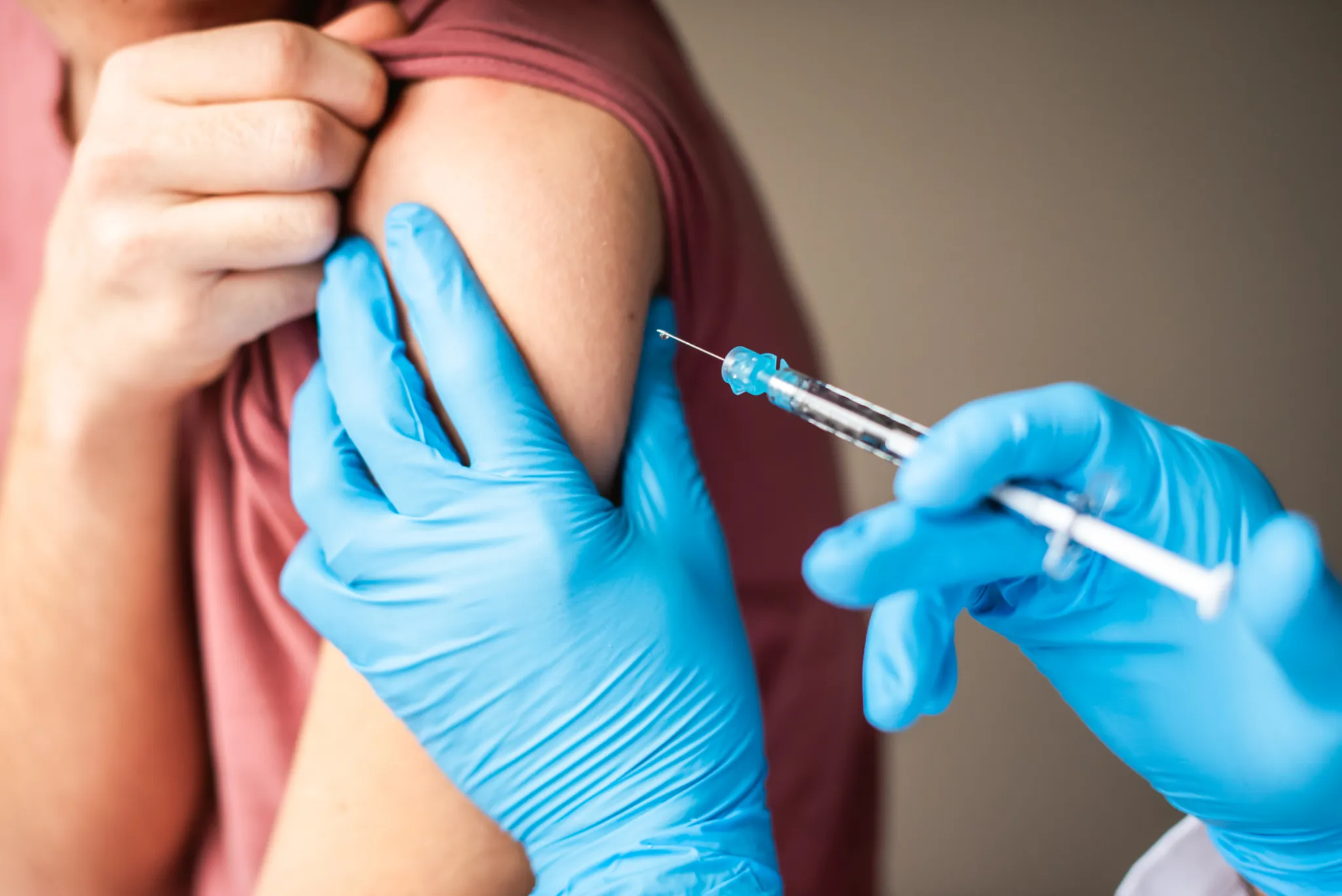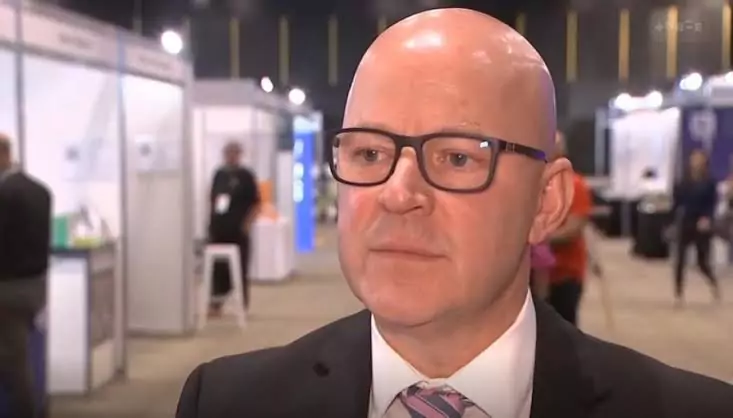Escaped youth tracked by Eagle helicopter, found hiding in New Brighton
The young person who escaped from a youth justice facility in Rolleston has been located...
Proudly powered by VAST – NZ’s leading digital advertising billboard company. FIND OUT MORE

A nursing body and a women’s advocacy organisation have given sharply contrasting responses to the Government’s decision to stop new prescriptions for puberty blockers for young people experiencing gender dysphoria.
The NZNO College of Child and Youth Nurses said the move will harm vulnerable young people, while Speak Up for Women has welcomed the changes as an overdue step toward stronger safeguarding.
Health Minister Simeon Brown confirmed new prescriptions for GnRH analogues for young transgender people will no longer be allowed from 19 December, while treatment for other medical conditions remains unchanged.
College spokesperson Michael Brenndorfer, a Nurse Practitioner with nearly ten years of experience providing gender healthcare, said the decision will have a negative impact on the mental health of young people experiencing gender dysphoria.
He said puberty blockers have been used safely and cautiously overseas for decades.
“This sudden political decision to undermine clinical decisions made in consultation with young people and their whanau is deeply concerning. This decision has been made on purely political grounds. It is an imported culture war founded on politics from overseas and has nothing to do with health care best practice for children and young people,” he said.
He said the timing of the announcement, coming the day before International Transgender Day of Remembrance, added further distress.
Earlier this year the College joined thirteen other health professional bodies in supporting the continued use of puberty blockers for transgender youth.
Speak Up for Women, a group that advocates for sex based rights, has taken the opposite position.
The organisation has welcomed the new restrictions and said the change brings New Zealand in line with countries such as the United Kingdom, Sweden, Finland and Norway. It said international evidence shows the need for a precautionary approach.
The group said the safeguards mean new patients will not be eligible for puberty blockers until major clinical trial results from the United Kingdom are available after 2031. It said the continuation of youth gender services and a centralised online information hub will give families clearer guidance.
However the group said it remains concerned about young people already receiving puberty blockers. It has called for all existing cases to be reviewed, for families to receive balanced information, and for health services to provide structured support if young people choose to phase out treatment.
Speak Up for Women said the wider issue is the need for stronger, fully funded mental health services for young people, and said many families have faced long delays accessing support.
The organisation has also called for a review of conversion practices legislation to clarify the status of gender exploration therapy and parental decision making.
Both groups agree that the announcement will have significant effects on families seeking support, although they differ completely on whether the change will protect or harm young people.
The Ministry of Health has said settings will be reviewed again once results from the United Kingdom’s clinical trial are available.

